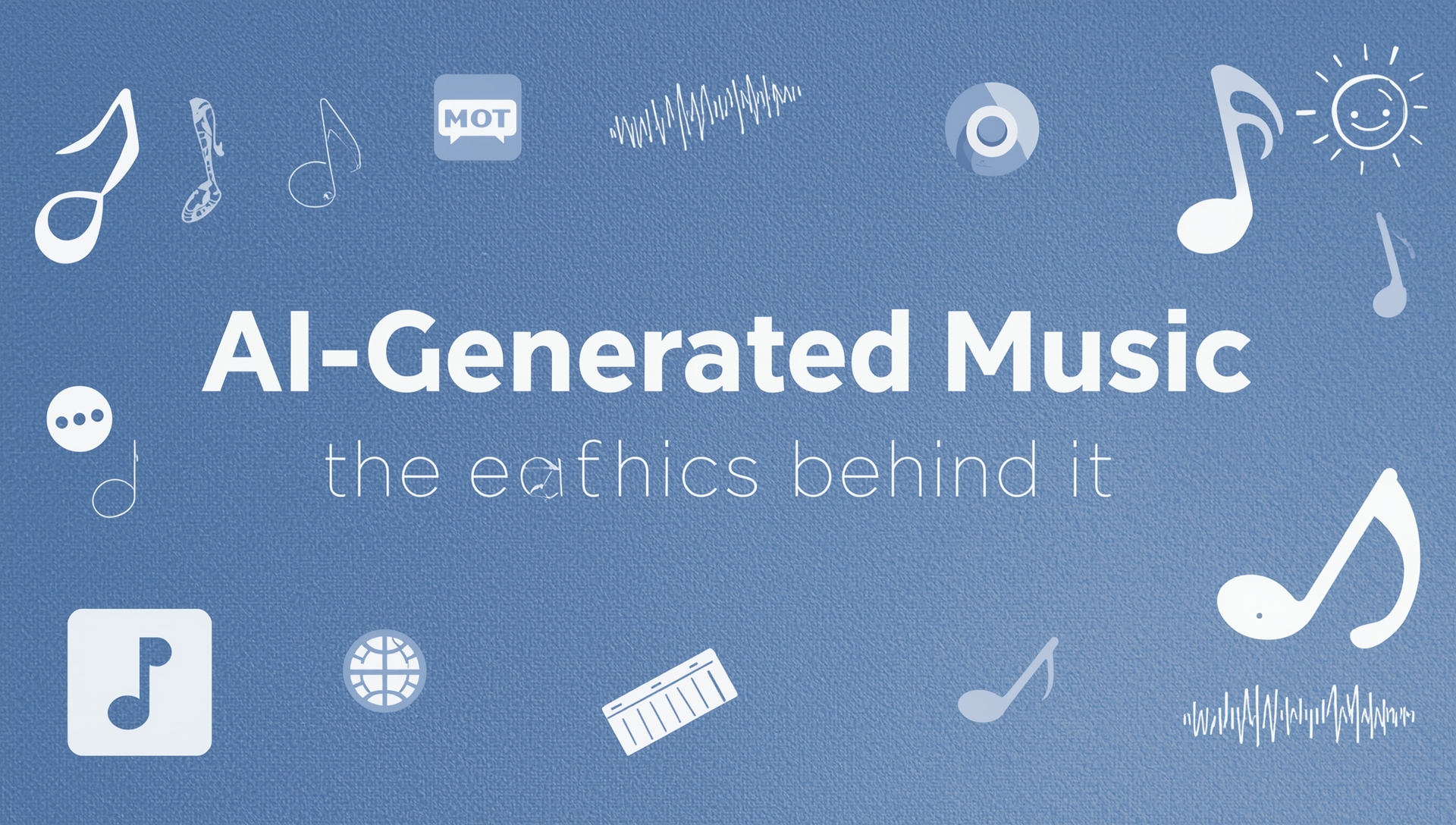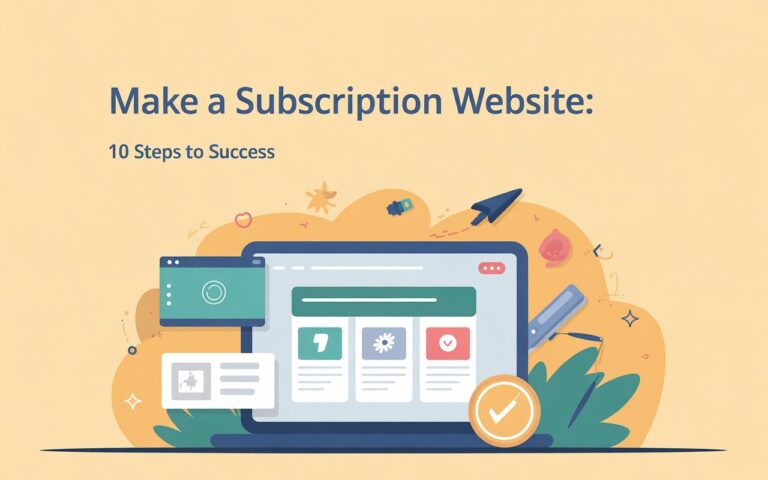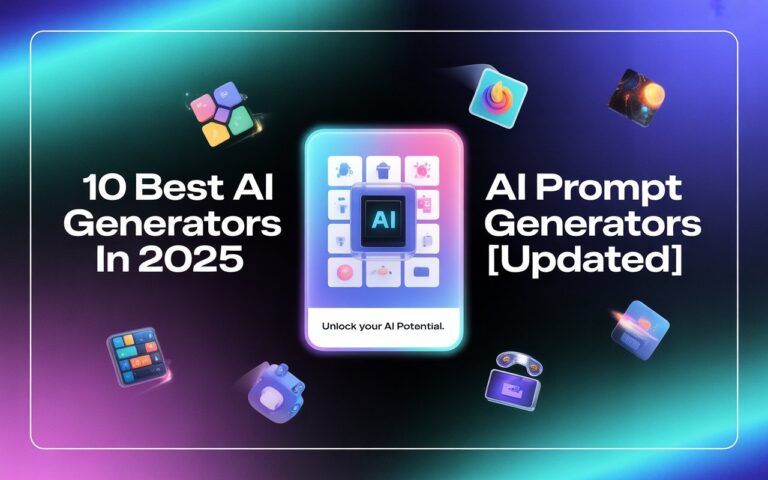
Introduction
In recent years, AI-Generated Music the intersection of artificial intelligence and the music industry has sparked widespread fascination—and controversy. As AI becomes more sophisticated, it is now capable of composing melodies, producing tracks, and even mimicking the voices of well-known artists. This new era of music-making raises a critical question: what happens when creativity is no longer exclusive to humans?
The discussion around AI-Generated Music & the Ethics Behind It has rapidly gained traction, especially as platforms and tools become accessible to the general public. With musicians, producers, tech experts, and legal professionals weighing in, the ai generated music debate has never been more relevant. From moral dilemmas to intellectual property concerns, this revolution in sound calls for a closer examination of the ai music ethics and the societal implications they carry.
Overview
AI in music isn’t just a trend; it’s a technological leap. Programs like OpenAI’s MuseNet, Google’s Magenta, and startups like Amper Music and AIVA are changing how music is made and consumed. These platforms rely on deep learning algorithms trained on thousands—or even millions—of existing compositions.
But how is ai music generated exactly?
AI music generation involves training neural networks on massive datasets of musical compositions. These systems learn patterns in melody, rhythm, harmony, and genre characteristics, allowing them to create entirely new compositions. The question isn’t if AI can make music—it’s whether it should, and under what guidelines.AI-Generated Music
The topic of AI-Generated Music & the Ethics Behind It goes beyond technology. It touches on authenticity, artistic expression, ownership, and the potential dangers of ai in the music industry.
Detailed Section
As AI begins to play the role of composer, instrumentalist, and even vocalist, many are left wondering where the line between tool and artist should be drawn. This gray area has led to increasing scrutiny over ai generated music ethics.AI-Generated Music
1. Intellectual Property Rights
One of the main concerns in the ai generated music debate revolves around ownership. If a machine creates a piece of music using data trained on copyrighted songs, is it a derivative work? Who owns it—the user, the software developer, or the copyright holders of the training data?
Several lawsuits and legal challenges have already emerged around these questions. The lack of clear legislation contributes to the ethical uncertainty.
2. The Role of the Human Artist
With the rise of ai music artists, questions about human relevance are being raised. If AI can generate music faster, cheaper, and sometimes better tailored to market demands, what happens to human musicians?
While some artists embrace AI as a collaborative partner, others view it as a threat to their livelihood. These tensions highlight the need to define roles and expectations in a world where both humans and machines make music.
3. Authenticity and Emotional Depth
Can an AI truly create “soulful” music? Critics argue that despite technical precision, AI lacks emotional depth and experiential insight. Supporters counter that audiences often can’t tell the difference, and in some cases, even prefer AI-generated tracks.
In short, the question isn’t whether AI can produce music, but whether it can produce meaningful music.AI-Generated Music
4. Manipulation and Deepfakes
Another unsettling aspect of the dangers of ai in the music industry is the potential for vocal deepfakes. AI can now mimic the voice of any artist, raising ethical questions about impersonation, consent, and misinformation. A convincing AI-generated track could be falsely attributed to a popular musician, leading to public confusion or reputational harm.AI-Generated Music
Benefits
Despite its ethical complexities, AI-generated music offers several compelling benefits:
1. Accessibility
AI music tools empower people without musical training to create songs. This democratization of creativity expands access to music production.
2. Innovation
AI can help artists explore new genres and sounds they might not discover alone. Many musicians use AI as a tool for inspiration or co-composition.
3. Productivity
For commercial creators like YouTubers, filmmakers, or advertisers, AI-generated background music can save time and money.
4. Customization
AI enables hyper-personalized music experiences, from mood-based playlists to compositions tailored for individual users.
These benefits reveal some of the pros and cons of ai in music, showcasing that while AI brings value, it also comes with substantial risks.
FAQs
Q1: What is AI-generated music?
A: It refers to music created using artificial intelligence algorithms. These tools analyze existing music to generate new compositions, often with minimal human input.
Q2: How is AI music generated?
A: How is ai music generated involves training AI models on musical data, enabling them to learn patterns and structures to create original pieces.
Q3: What are the pros and cons of AI in music?
A: As outlined earlier, pros and cons of ai in music include improved productivity, accessibility, and innovation—but also ethical concerns around authorship, emotional authenticity, and job displacement.
Q4: Are there dangers associated with AI in the music industry?
A: Yes. The dangers of ai in the music industry include misuse for deepfake vocals, loss of artist control, and ethical ambiguity surrounding copyright.
Q5: How do AI ethics relate to music?
A: AI music ethics, ai in music ethics, and ai generated music ethics all address questions of ownership, consent, attribution, and authenticity in the context of AI-produced art.
Q6: What are AI music artists?
A: AI music artists are virtual or algorithmic entities that generate music. Some are even marketed as performers, complete with digital personas.
Q7: Where can I learn more about this topic online?
A: Many discussions around ai generated music & the ethics behind it online can be found on forums, academic articles, and tech news outlets.
Q8: Was this debate active in recent years?
A: Absolutely. The discussion gained significant attention in ai generated music & the ethics behind it 2022, when viral AI music tracks began dominating platforms like TikTok and YouTube.
Q9: What about artists’ rights and consent?
A: This is where ai ethics artists becomes a focal point—ensuring artists are fairly credited and compensated when their work contributes to AI training.
Q10: Can I make an AI-generated music video?
A: Yes. There are tools that allow users to learn how to create artificial intelligence ai generated music video with platforms like Soundraw, Runway ML, and Kaiber.
Final Thoughts
The fusion of artificial intelligence and music is both thrilling and fraught with ethical complexity. While AI presents exciting opportunities for creativity and accessibility, it also forces us to reconsider our definitions of art, authorship, and authenticity.AI-Generated Music
Navigating the landscape of AI-Generated Music & the Ethics Behind It requires collaboration between artists, technologists, lawmakers, and the public. Clear guidelines must be developed to ensure that creativity is respected and protected, whether it stems from a human mind or a machine.
As the popularity of ai generated music & the ethics behind it online continues to grow, and as milestones like ai generated music & the ethics behind it 2022 shape the narrative, one thing becomes clear: the future of music is being written not just by composers with instruments, but by algorithms with data—and it’s up to us to ensure that this future is as ethical as it is innovative.AI-Generated Music



